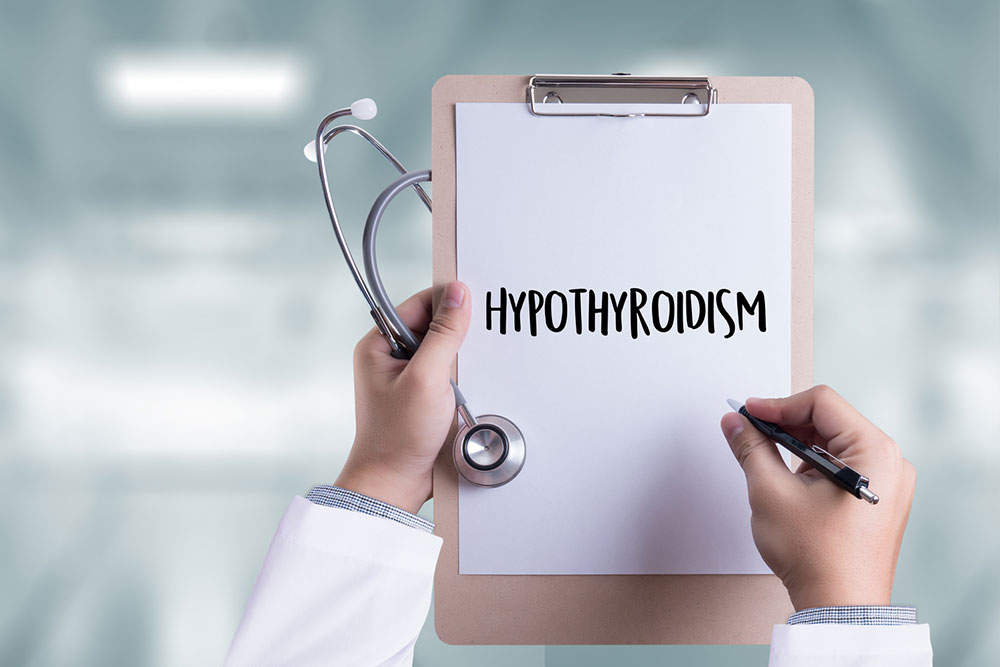Comprehensive Guide to Detecting the Symptoms of Thyroid Imbalance
This comprehensive guide highlights the key symptoms of thyroid imbalance, including hypothyroidism and hyperthyroidism. Recognizing signs such as fatigue, weight changes, and mood fluctuations can lead to early diagnosis and effective treatment. Understanding how to maintain thyroid health through lifestyle and medical monitoring is vital for overall well-being. Learn more about the symptoms, diagnosis, and management strategies to safeguard your health and prevent complications associated with thyroid disorders.

The thyroid gland, although small in size, plays a vital role in maintaining overall health by regulating numerous bodily functions. Its hormones influence metabolism, energy levels, brain function, and more. When thyroid function becomes disrupted, it can lead to a variety of health conditions that significantly affect quality of life. Two primary disorders are hypothyroidism, characterized by insufficient hormone production, and hyperthyroidism, where there is excessive hormone secretion. Recognizing the early symptoms of these conditions is crucial to ensuring timely diagnosis and effective treatment.
The symptoms of thyroid imbalance can often be subtle and easily mistaken for other health issues, which makes awareness and understanding vital. Common signs of hypothyroidism include persistent fatigue, feeling unusually cold, dry skin, hair thinning or hair loss, swelling in the face, slow heart rate, constipation, depression, and unexplained weight gain despite no changes in diet or activity levels. Women may also notice irregular or heavier menstrual periods, which can serve as an important indicator.
In contrast, hyperthyroidism presents differently. It may cause symptoms such as rapid heartbeat, irritability, weight loss despite increased appetite, sweating, overheating, tremors, muscle weakness, difficulty sleeping, and increased frequency of bowel movements. Some individuals may also experience eye protrusion or changes in vision. Both conditions can significantly impair daily life if left untreated, emphasizing the importance of early recognition.
Understanding these symptoms allows individuals to seek medical advice promptly. Diagnosis typically involves blood tests measuring thyroid hormone levels and other related markers. Early detection not only helps manage symptoms more effectively but also prevents complications such as cardiovascular issues, infertility, and in severe cases, life-threatening conditions like myxedema or thyroid storm.
Maintaining thyroid health involves regular check-ups, especially if you have risk factors such as a family history of thyroid disease, autoimmune disorders, or exposure to radiation. Lifestyle choices, including a balanced diet rich in iodine, selenium, and zinc, regular exercise, and stress management, also contribute to optimal thyroid function. Treatment options vary depending on the specific disorder but may include medication, hormone replacement therapy, or surgical intervention in severe cases.
In summary, being vigilant about the symptoms of thyroid imbalance can significantly enhance health outcomes. If you experience any of the mentioned signs, consult a healthcare professional promptly for accurate diagnosis and appropriate treatment. Maintaining awareness and proactive health management are key to ensuring a healthy, balanced life.





